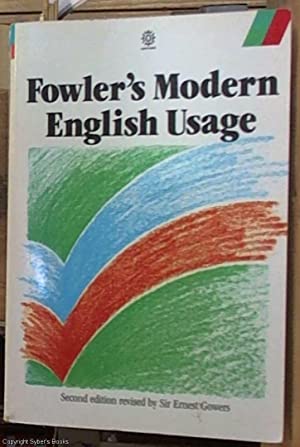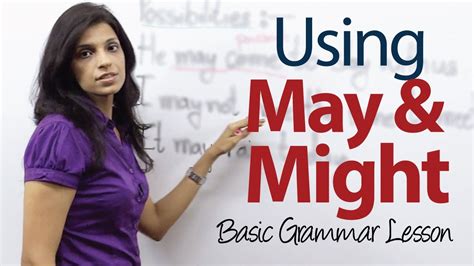 Have you ever wondered whether to use may or might? For example, is it correct to say: ‘I may come to the next Club meeting’ or ‘I might come to the next Club meeting?
Have you ever wondered whether to use may or might? For example, is it correct to say: ‘I may come to the next Club meeting’ or ‘I might come to the next Club meeting?
May and might
 Traditionalists insisted that in expressing possibility one should distinguish between may as the present tense and might as the past tense. However, this distinction has long been neutralised and now the two words can in most situations be used interchangeably. If there is any remaining distinction, then it might (or may!) be in the degree of tentativeness. For example, with may the possibility is more open: I may need to leave the meeting early. While with might the possibility is more tentative or remote: The organisers have often warned that a game might need to be cancelled.
Traditionalists insisted that in expressing possibility one should distinguish between may as the present tense and might as the past tense. However, this distinction has long been neutralised and now the two words can in most situations be used interchangeably. If there is any remaining distinction, then it might (or may!) be in the degree of tentativeness. For example, with may the possibility is more open: I may need to leave the meeting early. While with might the possibility is more tentative or remote: The organisers have often warned that a game might need to be cancelled.
However, the distinction may assume significance when the words are followed by have and a past participle. If it is not known whether something was actually the case or not, then may or might can both be used: The picture stolen from their home may [or might] have been sold overseas.
But when it is known that something was not the case, then might is better. The patient may not have died if she had been kept in hospital leaves a doubt as to whether the patient died or not. If the patient died then using might removes any ambiguity: The patient might not have died if she had been kept in hospital.
Source: Fowler’s Dictionary of Modern English Usage, Fourth Edition, 2015.